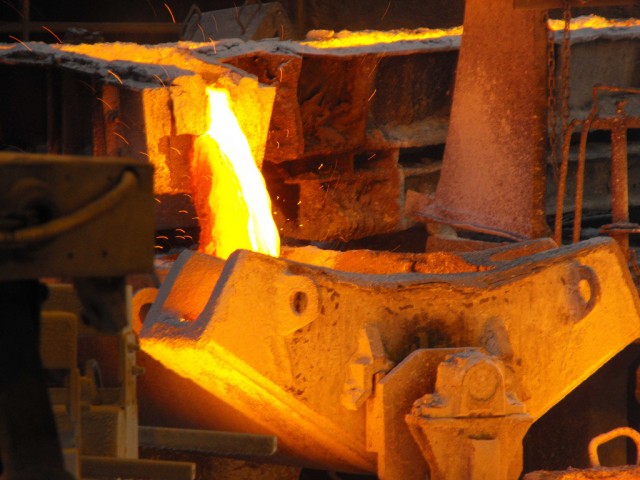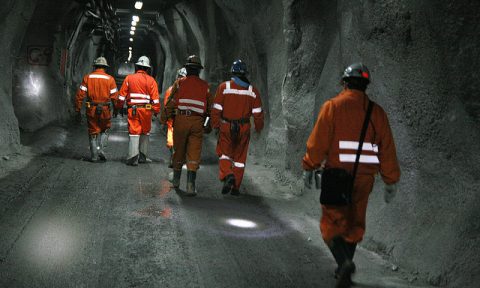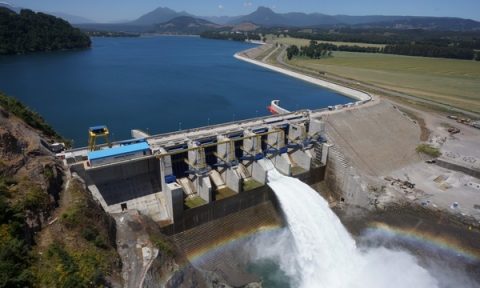Expansion of raw materials in Chile would be 0.8 points lower

According to a working paper from the IMF, even if prices remain stable at 2013 levels, growth would be substantially lower in the coming years.
The days of booming of commodity prices have come to an end and with it the growth of the leading exporters threatened. If between 2003 and 2013, metal prices tripled and oil quadrupled without the boom, growth of Chile’s GDP, for example, between 2014-19 would be about 0.8 percentage points lower than in 2012-13 . In the case of Peru, the figure is 2 percentage points.
So what sets the paper of the IMF Economist Bertrand Gruss “After the Boom, commodity prices and economic growth in Latin America and the Caribbean,”. According to Gruss, for the 12 countries included in the study, except for Paraguay, the average growth forecast for 2014 and 2019 is lower than the one of 2003-2011.
The author explained that although lower projected growth for Chile is important, “is less than the average exporter of commodities in the region … which might account for the benefits of adopting prudent policies in the past, as accumulation of resources in a stabilization fund or avoid prolixity of fiscal policy. “
In the paper, Gruss says even if prices remain stable at 2013 levels, the average annual growth rate of GDP in the medium term (2014-19) will be almost one percentage point lower than in 2012-13, and more than 1.5 percentage points lower than in the boom years. The net price index commodities (NCPI, its acronym in English) that uses the study became positive in 2003, reached double digits in 2004 and remained high until 2011, except in 2009. It was the first half of 2011 in which the metals reached their peak. During the boom prices of commodities in Latin America and the Caribbean countries grew by an average 5.5% a year.
“It’s natural to stabilize the price of commodities the ability to grow at these rates will suffer. In other words, part of the accelerating growth of the last decade was by nature transitory, “argues Gruss.-
For Eugene Weinberg, commodities analyst at Commerzbank, the effect would be neutral. “As for the Chilean economy copper prices are of great importance as one of the” hits export “prices of oil and gas can negatively impact economic growth,” said the expert, adding “in general, the price effect on the growth of emerging markets is neutral because the price development in itself is being impacted by the growth of emerging and forecasts and not vice versa. “
The report also concluded that a fall from a point in the growth of China’s GDP would drop the average price of commodities in the region by about 3% and in some cases up to 8%. In this case, the average GDP in commodity exporting countries in the region would fall by more than 0.5 percentage points below trend, between 3 and 4 years after the shock.
Source: Pulso













